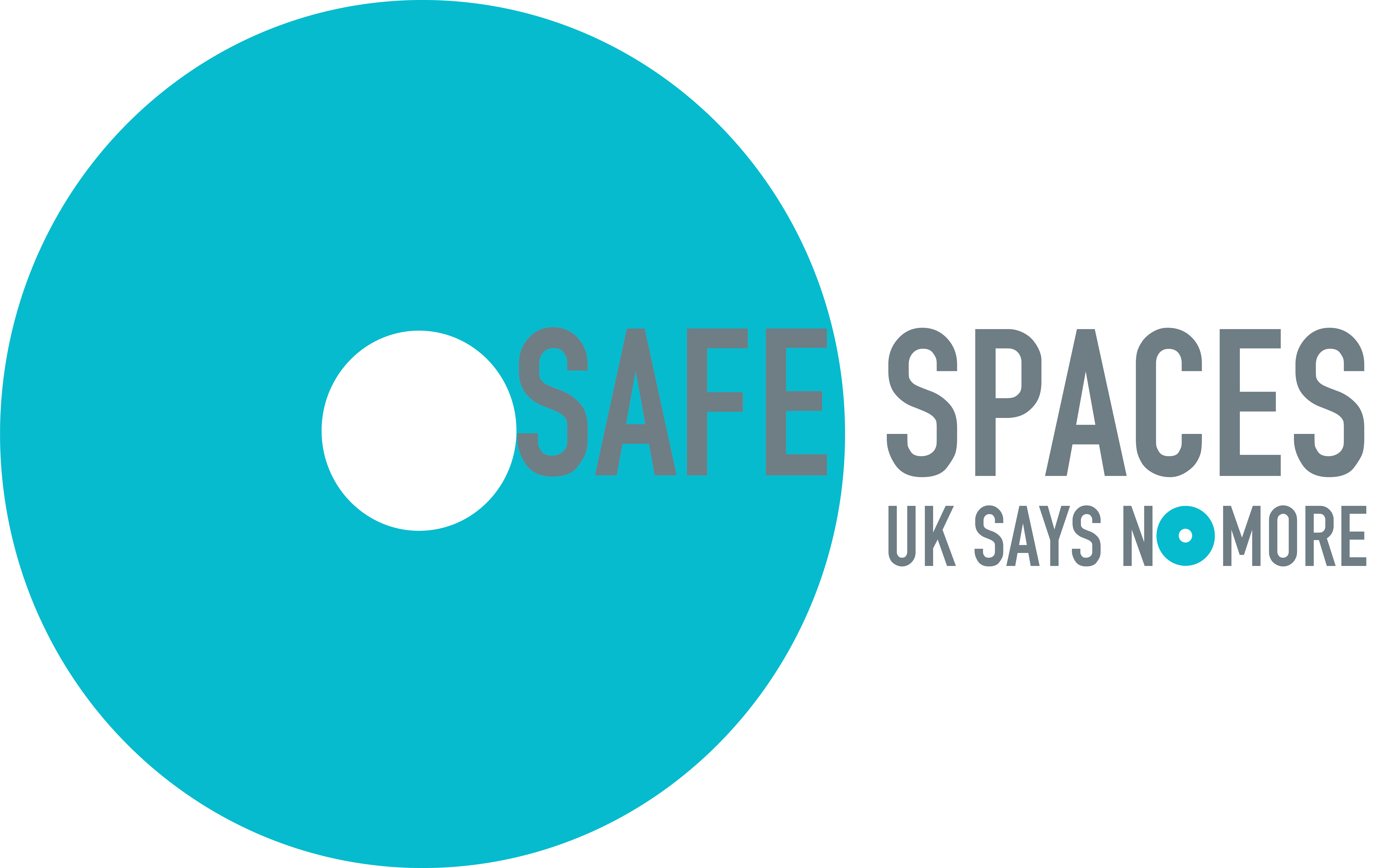Workplace culture
The pandemic marks a significant change in working habits and mental health at work has become a real focus, however many organisations are unsure as to how to effectively support employees.
Ngozi Weller – We are now entering a new phase where we recognise the importance of having a balance in focus on physical and mental health and to remember that a person is a whole. Pre Covid, we often saw that perceptions of corporate success were aligned to an overwork culture with the expectation that working weekends and evenings was acceptable. To change something that’s been embedded in our workplace cultures for so long requires a societal shift, and this is what Covid provided, it started the debate about what really matters and how we can be effective without being exhausted.
Kate Headley – Throughout the pandemic leaders have shown a greater willingness to share their own personal stories and this move to a more empathetic leadership style presents a great opportunity to change underlying workplace cultures. However there is still a disconnect between recognising this and tackling the root causes that contribute to poor mental health that we as employers could be in control of. How do we create an environment where it feels safe to have these conversations?
Creating an environment of trust
Ngozi recommends a holistic strategy – the Aurora 360 – which aims to gear the whole of an organisation towards the success of the individuals who work there. This consists of four stages:
Discovery
It’s essential to ask questions and record and act on the information given
- How aware are people of the resources available?
- Do they know how to access them?
- Do they use them?
- Are line managers confident to trickle corporate wellbeing policy to their team?
Awareness
Create awareness of what good mental health looks like and how it’s aligned to what’s important to the individual. This is where awareness days and wellbeing programmes have impact and provide the opportunity to train everyone to recognise signs of stress and mental ill health so they recognise when and how to help.
Empowerment
Empowerment is an essential step in making sure everyone is on board and confident, particularly managers and team leaders as they have the most regular contact with individuals. When managers are trained in how to support wellbeing as part of their role and provided with the correct tools they can confidently have appropriate conversations with their team, know when additional help is needed and where to find it.
Governance
The final element to ensure that every employee has the same experience. In order to keep wellbeing at work a priority it needs the same focus as any other business critical process. Create, review and update policies, resources and training.
In her closing remarks Kate Headley commented on the value that a holistic approach adds to inclusion strategies such as mental health and wellbeing. Although many businesses have made changes during the last 18 months often the take up isn’t particularly high despite the need being there and consequently very little difference is seen. While it is important to be transparent and invest in people, systems and communication it’s also necessary and valuable to take time to ask questions and understand the challenges individuals are facing in order to provide an approach that truly tackles the root issues. Taking the time to request regular feedback and review what’s working and what isn’t also keeps the approach relevant and successful.
Listen to the full podcast





